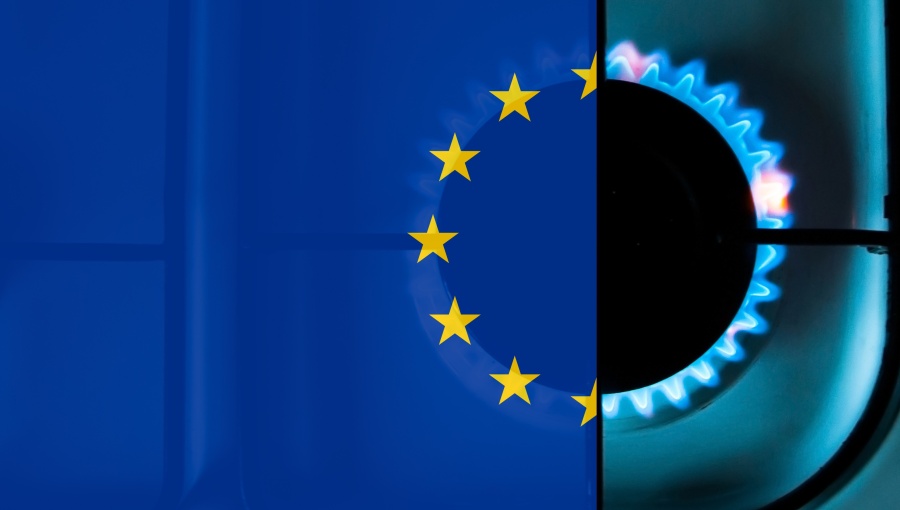EU proposes extending gas storage targets for another two years, member states seek flexibility

The European Commission proposed extending natural gas storage targets for another two years on March 5, meeting with resistance from some member states who have complained that the goals distort market prices and that greater flexibility is needed.
The EU put in place storage targets in 2022 to help avoid winter shortages, setting a primary target for facilities to be filled to 90% of capacity by November 1 of each year, as well as varying interim targets for each country in February, May, July and September. Some flexibility is allowed, though if these interim targets are missed by more than five percentage points, national authorities are required to take steps to boost measures.
This has distorted usual price trends this year, however, with the summer-winter spread turning negative – meaning that it is more expensive to buy gas this summer than next winter, even though demand is higher during the colder months. As buyers will have to buy the gas to place in storage to meet the targets whatever the cost, this passes the advantage over to sellers, and meanwhile some investment firms have taken speculatory positions over the summer, driving the price up even higher.
And given that Europe is set to exit this heating season with storage levels at a multi-year low, owing to a cold end to winter, the loss of Russian gas transit through Ukraine and low wind power output, the cost of stockpiling will be even greater, likely forcing governments to provide subsidies to buyers.
The European Commission proposed on March 5 to extend the storage targets until the end of 2027, although the plan will need the approval of the European Parliament and the European Council to be finalised.
“Gas storage has shielded EU citizens from the risk of supply disruptions and this is why it is crucial that we continue with this tool,” European Energy Commissioner Dan Jorgensen said.
The Commission also said it might consider whether more permanent storage-related measures were necessary when it reviews the EU’s energy security framework.
However, it also recommended that EU countries apply greater flexibility when deciding on measures to refill storage facilities this summer, “allowing them to fill their storage facilities throughout the season at optimal purchase conditions.”
“This would help to avoid distortion of the internal energy market or negative effects of energy security of other EU countries or the EU as a whole, under current market conditions,” it said.
This caveat has apparently failed to ease the concerns of member states, though, which at a meeting of diplomats on March 6 called for greater flexibility on the rules, according to Reuters. Earlier, governments including those of Germany and the Neverlands complained that overly strict storage filing requirements were driving up gas prices. Germany has the biggest gas storage capacity in Europe, and will therefore bear the biggest brunt of refill costs this summer.


Follow us online